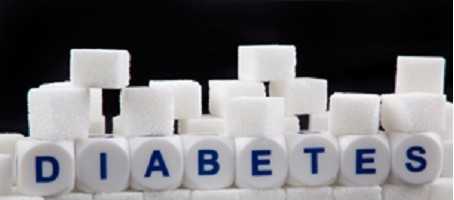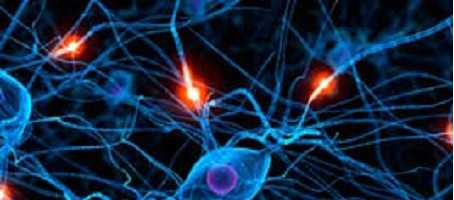Researchers have proposed a new way of treating stroke and neurological disorders that places emphasis on the brain’s natural ability to heal itself. The proposal questions the benefits of drug-based neurological treatments.
The treatment strategy was published in Expert Opinion on Biological Therapy. It argues that using treatments that improve the brain’s self-healing abilities could help patients with a variety of conditions, including multiple sclerosis, stroke, peripheral neuropathy, and diabetes.
Diabetes can have a significant effect on the brain. Both type 1 and type 2 diabetes are associated with cognitive impairment.
The proposal is largely centred around Thymosin beta-4, a pharmacological agent developed by the researchers. Essentially, Thymosin beta-4 helps to protect the nervous system, and is therefore an effective treatment of neurological diseases.
Diabetes increases the risk of several brain-related medical conditions, including stroke. Over time, exposure to hyperglycemia (high blood glucose levels) increases the likelihood of stroke.
It is one of many diabetic complications, which indicate the vital importance of careful blood glucose management. Some reports suggest that 2 out of every 3 people with diabetes will die from a stroke or from heart disease.
Dr. Michael Chopp, PhD, scientific director of the Neuroscience Institute at Henry Ford Hospital, said: “Rather than focusing on destroying clots or other lesions leading to nerve damage, restorative therapies are designed to ‘remodel’ or rebuild the nervous system by stimulating self-healing processes that already exist in the brain, spinal cord and the peripheral nerves connected to them.
“It is therefore time to reconsider how we think about treating neural injury and disease.”
What's new on the forum? ⭐️
Get our free newsletters
Stay up to date with the latest news, research and breakthroughs.







